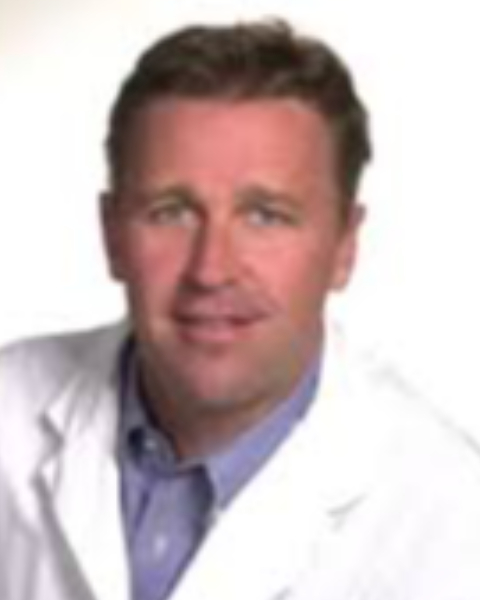GCF2 - Industry Symposium: Induce Biologics: Natural Matrix Proteins: A New Era in Bone Regeneration
Thursday, November 30, 2023
5:00 PM - 6:30 PM CST
Location: Mississippi, Sheraton Grand Chicago Riverwalk

Cameron Clokie, DDS, PhD
Toronto, Ontario, Canada
Speaker - Industry(s)
Bone reconstruction of the oral and maxillofacial complex is regularly accomplished with the use of autogenous bone grafts. Dr. Marshall Urist's discovery of bone morphogenetic proteins (BMP) offered hope that an alternative to bone grafts would be developed. The use of recombinant human bone morphogenetic protein (rhBMP) in maxillofacial and oral implant reconstruction is limited by material costs, heterotopic bone formation, early postoperative complications and variable results.
Induce Biologics would like to introduce a new bioimplant using its Natural Matrix Proteins (NMP) technology that has evolved from three decades of research, which began in Dr. Urist's laboratory at the University of California, Los Angeles. Demineralization of allogeneic bone can provide access to BMPs. However, most of the BMPs remain trapped within the bone matrix and are not available for osteoinduction. This presentation will discuss the NMP bioimplant and how allogeneic bone treated using the NMP process has more growth factor bioavailability than demineralized bone matrix (DBM) and produces more bone than Infuse brand products in applied animal model testing.
To date, more than 2,500 patients have been treated using the NMP technology. NMP’s clinical experience has mirrored its preclinical results, and the challenging early postoperative sequelae observed with other BMP technologies have not been reported with the use of NMP bioimplants.
Induce Biologics would like to introduce a new bioimplant using its Natural Matrix Proteins (NMP) technology that has evolved from three decades of research, which began in Dr. Urist's laboratory at the University of California, Los Angeles. Demineralization of allogeneic bone can provide access to BMPs. However, most of the BMPs remain trapped within the bone matrix and are not available for osteoinduction. This presentation will discuss the NMP bioimplant and how allogeneic bone treated using the NMP process has more growth factor bioavailability than demineralized bone matrix (DBM) and produces more bone than Infuse brand products in applied animal model testing.
To date, more than 2,500 patients have been treated using the NMP technology. NMP’s clinical experience has mirrored its preclinical results, and the challenging early postoperative sequelae observed with other BMP technologies have not been reported with the use of NMP bioimplants.
Learning Objectives:
At the conclusion of this presentation, participants should be able to:
- Understand approaches to osseous reconstruction in dental implant surgery.
- Explain the evolution of osteoinductive bone technologies.
- Identify the challenges of grafting using BMP technologies.
- Comprehend the contribution of noncollagenous proteins (NCPs) in bone healing.
- Understand the description of the NMP technology.
